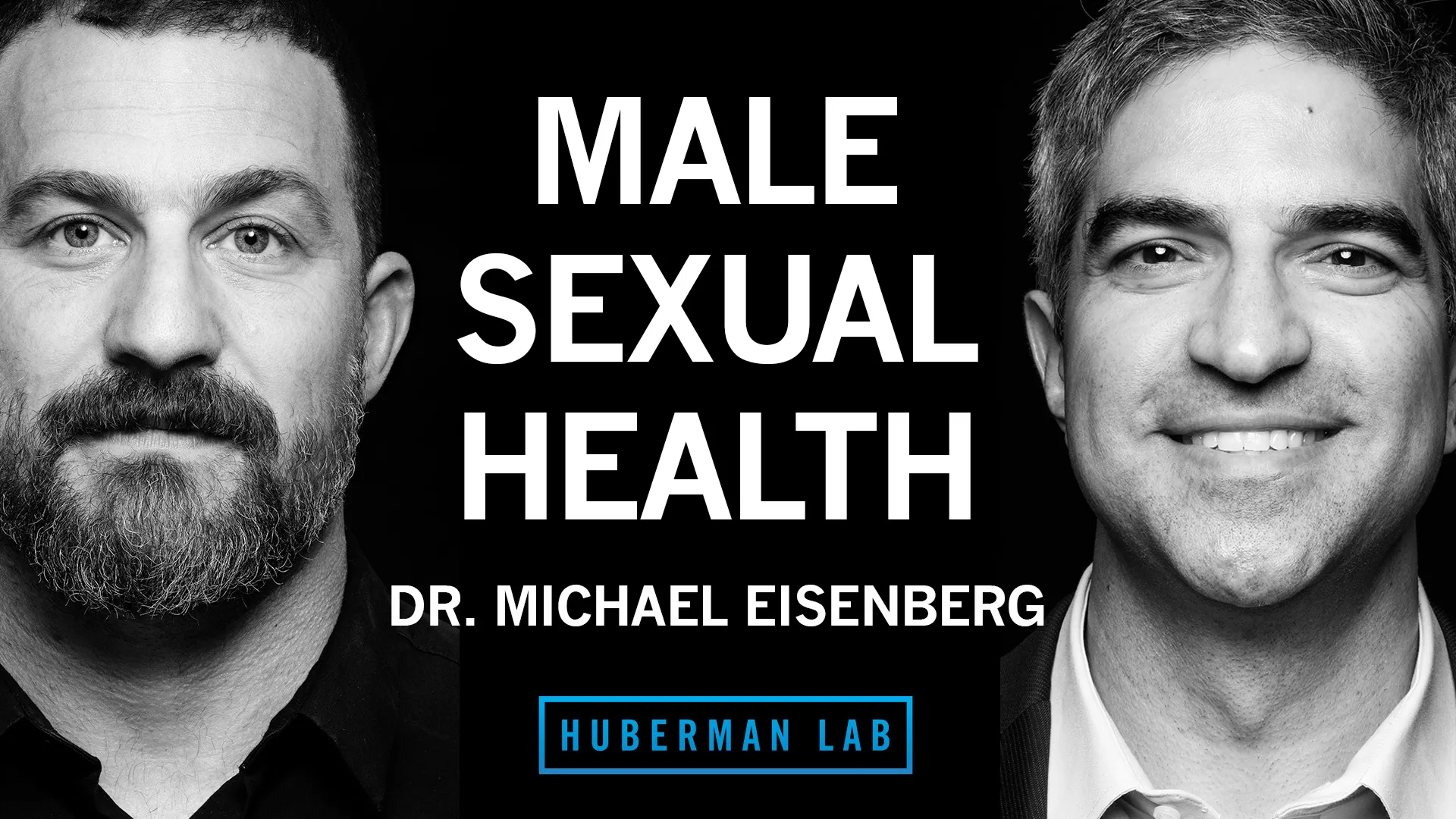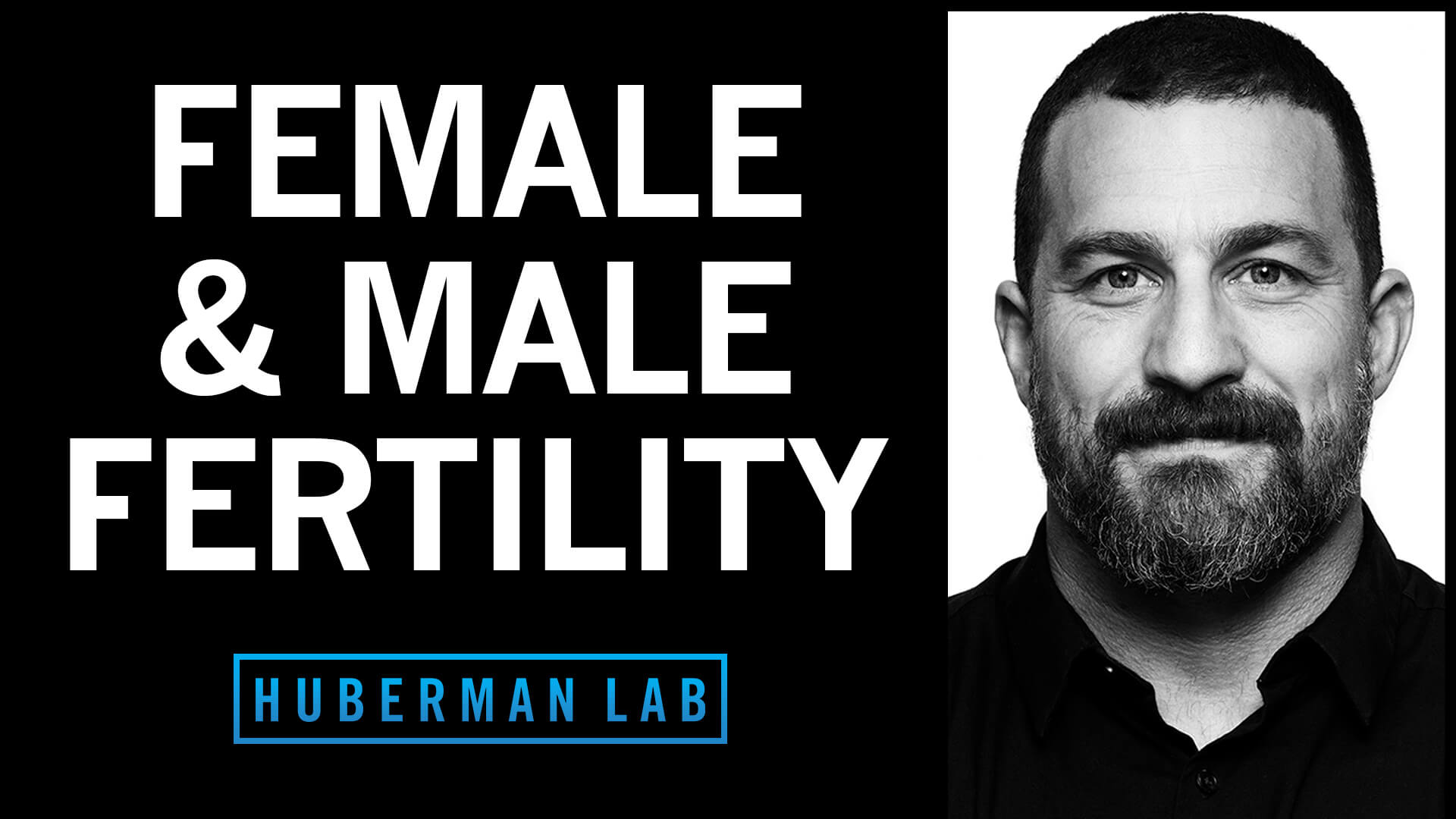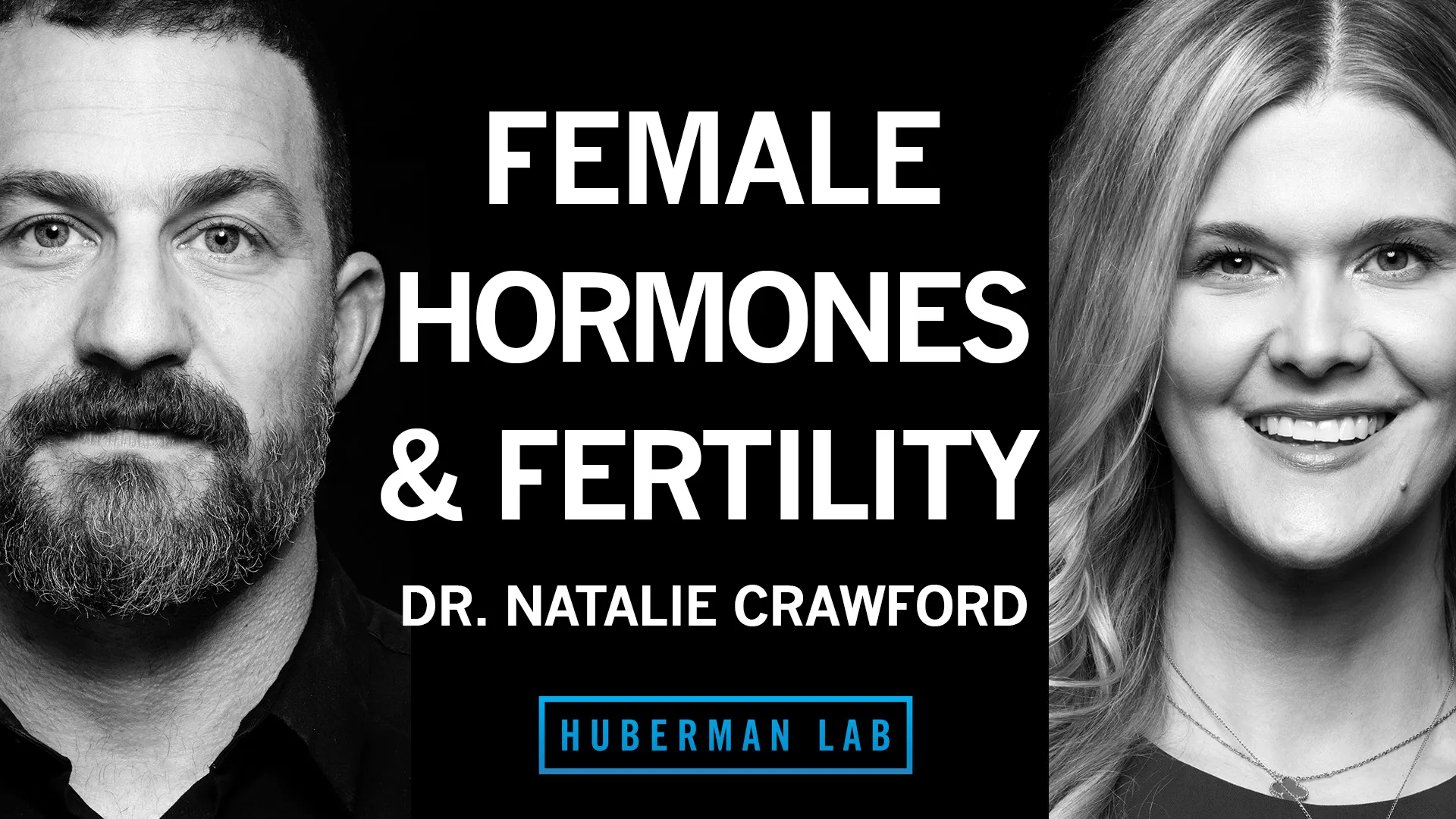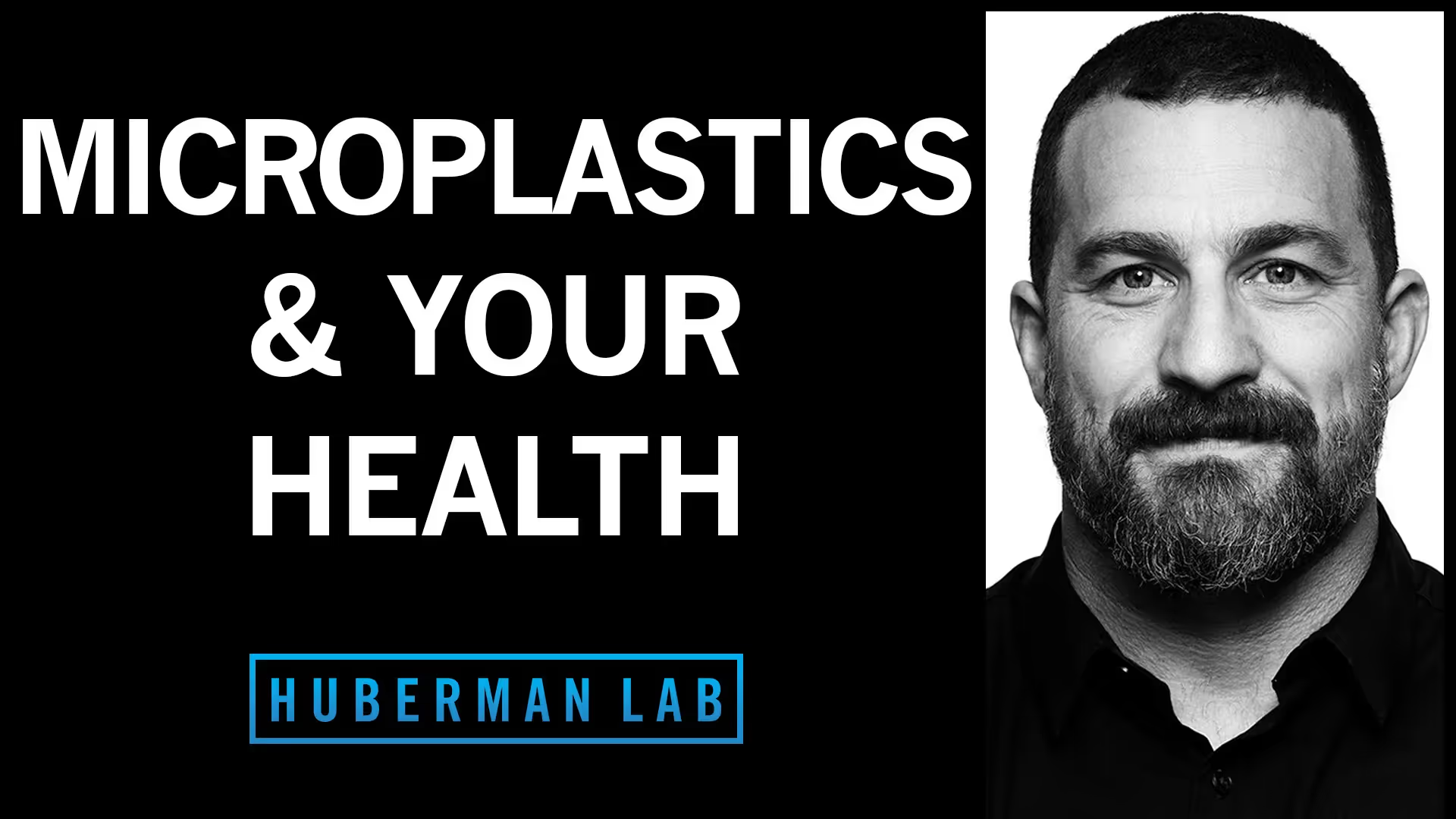
Male Sexual Health
Male sexual health encompasses fertility, hormone health, erectile function and libido, while also serving as an indicator of overall health. Testosterone and other androgens are vital hormones for men’s health, influencing not only libido and erectile function, but also energy levels, mood and even the sense of confidence and competitiveness. Keep in mind that estrogen also plays a crucial role in men’s health, and low estrogen levels can lead to diminished sexual desire and cognitive deficits.
Male fertility is primarily assessed using sperm health and is influenced by various lifestyle, environmental and physiological factors. Keeping the testicles slightly cooler than the rest of the body can prevent a decline in sperm count. Reducing smoking, alcohol consumption and exposure to environmental pollutants — like bisphenol A (BPA) and phthalates — as well as incorporating daily exercise and managing stress can support sperm quality.

- Overview
- Watch Now
Learn about Male Sexual Health
- Guest Experts
- Resources
- FAQs
- Related Topics
Table of Contents
- Overview
- Watch Now
Learn about Male Sexual Health
- Guest Experts
- Resources
- FAQs
- Related Topics
Watch Now

Dr. Shanna Swan: How to Safeguard Your Hormone Health & Fertility
In this episode, Dr. Shanna Swan discusses how chemicals like phthalates and BPA harm fertility and hormone health, and shares practical strategies to reduce exposure and protect reproductive health.
Learn about Male Sexual Health
Male Sexual Health and Libido
Despite misconceptions linking low testosterone levels specifically to erectile dysfunction, urologist and pelvic surgeon Dr. Rena Malik, M.D., emphasizes that the most common causes of erectile dysfunction are coexisting health conditions that impact blood vessels, such as high blood pressure, heart disease and diabetes. Engaging in regular exercise improves cardiovascular health while also enhancing testosterone levels that contribute to other factors for men’s sexual health, including testicular function and subjective sex drive.
Supplements like tongkat ali and maca root can be used to help counteract low libido (which may be a side effect of antidepressants) through their effects on free testosterone and dopamine, respectively. Understanding your personal libido baseline and desired level of sexual activity — which can vary due to age and life circumstances — can serve as a subjective measure of health and well-being.
Varicocele; Peyronie’s Disease
From Episode
Dr. Michael Eisenberg: Improving Male Sexual Health, Function & Fertility
Desire vs. Arousal, Erections: Psychology, Hormones, Blood Flow & Nerves
From Episode
Dr. Rena Malik: Improving Sexual & Urological Health in Males and Females
Pornography, Masturbation & Ejaculation; Healthy Sexual Behavior
From Episode
Dr. Rena Malik: Improving Sexual & Urological Health in Males and Females
Explore:
Male Fertility and Infertility Treatments
Male fertility depends on the continual production of healthy sperm, which can be influenced by age, genetics and lifestyle. A major lifestyle factor is chronic or repeated heat damage to the testes: even a small increase in the temperature of the testes can significantly reduce spermatogenesis (the process of making new sperm cells), so tight-fitting clothing and extended time in saunas and hot tubs should be avoided.
Fertility testing can include a semen analysis, which assesses sperm concentration, motility and morphology (shape and structure). Undergoing fertility screenings that include semen analysis every five years can identify potential reproductive health issues and explore treatment options, if needed. You may consider freezing sperm if planning to have children in the future, as paternal age can influence developmental outcomes in offspring, such as an increased incidence of autism with older paternal age (due to DNA fragmentation).
Tool: Testicular Temperature & Fertility
From Episode
How to Optimize Fertility in Males & Females
Sperm Quality & Pesticides
From Episode
Dr. Shanna Swan: How to Safeguard Your Hormone Health & Fertility
Sperm Quality & Pesticides
From Episode
Dr. Natalie Crawford: Female Hormone Health, Fertility & Vitality
Explore:
Male Hormone Health and Hormone Replacement Therapy
Testosterone is a critical hormone for men beyond just sexual function, affecting muscle mass, energy levels and mental health. Prolactin is another hormone with effects on reproductive and overall hormonal function and can directly influence testosterone levels. Elevated prolactin can inhibit testosterone production, which in turn can impair sperm production and contribute to male sexual dysfunction.
Treatment options for hormonal imbalances include testosterone replacement therapy (TRT) to treat low testosterone or general hormone replacement therapy (HRT) if treating an imbalance in growth hormone, thyroid hormone or even estrogen. These therapies can improve mood and energy levels, sleep quality and physical performance, but also have potential side effects that can impact fertility.
Exogenous testosterone can dramatically reduce sperm production by suppressing the body’s natural hormone signals that stimulate the testes to produce sperm. These effects can be mitigated by the addition of human chorionic gonadotropin (HCG) or follicle-stimulating hormone (FSH), which can mimic the body’s natural hormone signals.
Testosterone, Phthalates, BPA & BPS; Women; Men & Sperm Health
From Episode
The Effects of Microplastics on Your Health & How to Reduce Them
Bicycling, Numbness & Sexual Dysfunction; Walking & Testosterone
From Episode
Dr. Michael Eisenberg: Improving Male Sexual Health, Function & Fertility
Testosterone Supplementation & Prostate Cancer
From Episode
Dr. Kyle Gillett: How to Optimize Your Hormones for Health & Vitality
Explore:
Guest Experts
Resources
Articles & Research Papers
- Evidence for decreasing quality of semen during past 50 years (British Medical Journal)
- Temporal trends in sperm count: a systematic review and meta-regression analysis of samples collected globally in the 20th and 21st centuries (Human Reproduction Update)
- Geographic differences in semen quality of fertile U.S. males (Environmental Health Perspectives)
- Effect of Radiation Emitted by Wireless Devices on Male Reproductive Hormones: A Systematic Review (Frontiers in Physiology)
- The influence of direct mobile phone radiation on sperm quality (Central European Journal of Urology)
- Cannabis and Male Fertility: A Systematic Review (The Journal of Urology)
- Worldwide Temporal Trends in Penile Length: A Systematic Review and Meta-Analysis (The World Journal of Men's Health)
Other Resources
Note: Unless explicitly noted, Huberman Lab has no financial relationship with the additional resources listed.




















